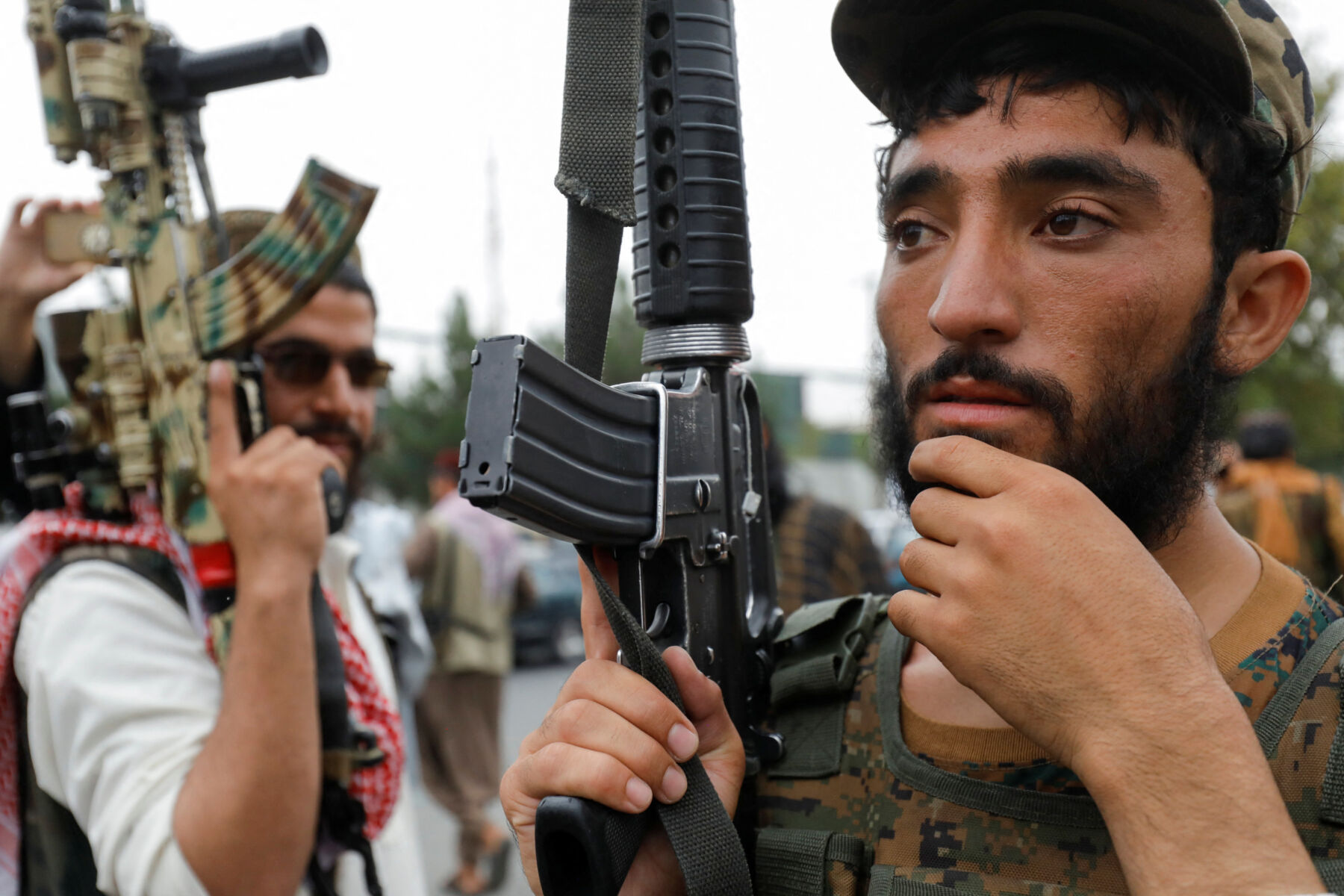UN report slams Taliban’s highly exclusionary rule, group denies rifts

A United Nations Security Council report has been denounced by the Taliban as “baseless and biased” for describing the Afghan administration as “highly exclusionary” and “repressive.” The report, published earlier in June by the UNSC’s Analytical Support and Sanctions Monitoring Team, stated that the Taliban’s governance structures continue to be exclusionary, Pashtun-centred, and repressive towards opposition.
The report also highlighted that Kandahar’s return as the seat of power, similar to its role during the Taliban’s rule in the 1990s, bypasses senior Taliban ministers in Kabul due to the decision-making process. It revealed that the group faces internal conflict over crucial policies, centralisation of power, and control of Afghanistan’s financial and natural resources. The ongoing power struggles risk causing an outbreak of armed conflict between rival factions, the report added.
Over the past few months, at least two spokespersons based in Kabul were asked to relocate to Kandahar, fuelling speculations of a power shift from the capital to the southern city where supreme leader Haibatullah Akhunzada is based. In April, the Taliban’s main spokesman, Zabiullah Mujahid, was asked to work from both locations, while another deputy spokesman, Innamullah Samangani, was transferred to Kandahar. The Taliban’s information ministry did not provide any reasons for the transfer.
Mujahid dismissed the report’s allegations of strife as baseless and indicative of “obvious hostility” towards Afghans. He claimed that rumours of disagreements among the group’s leaders are a continuation of the propaganda from the past 20 years, referring to the US war and occupation.
Since taking control of Afghanistan in August 2021, the Taliban has increased restrictions on media freedom and women’s rights, with girls’ high schools remaining closed. The group initially promised to open schools after infrastructure upgrades for gender segregation, but instead further curtailed women’s rights by banning them from universities and employment.
Analysts suggest that decrees excluding women and girls from education and work were issued from Kandahar, the base of the Taliban chief. However, several Taliban leaders have supported women’s empowerment, stating that Islam guarantees women’s right to education and work. Taliban officials have denied any rift within their leadership.
The UN report described Akhunzada as “reclusive and elusive,” with elaborate safety measures in place during meetings. It cited an unnamed UNSC member state claiming that Akhunzada survived two bouts of COVID-19, leaving him with weakened respiratory system, in addition to existing kidney problems. This has led to speculation that senior Taliban figures are waiting for his health to lead to a natural succession.
The report stated: “Hibatullah has been proudly resistant to external pressure to moderate his policies. There is no indication that other Kabul-based Taliban leaders can influence policy substantially. There is little prospect of change in the near to medium term.”
Recently, the Taliban has attempted to exclude all foreign organisations from the education sector. UN secretary-general’s chief spokesman, Stephane Dujarric, said on Thursday that this would be another “horrendous step backward” for the Afghan people. The Taliban has not commented on the education NGO move.
Aid agencies have provided food, education, and healthcare support to Afghans following the Taliban takeover in August 2021 and the subsequent economic collapse.








